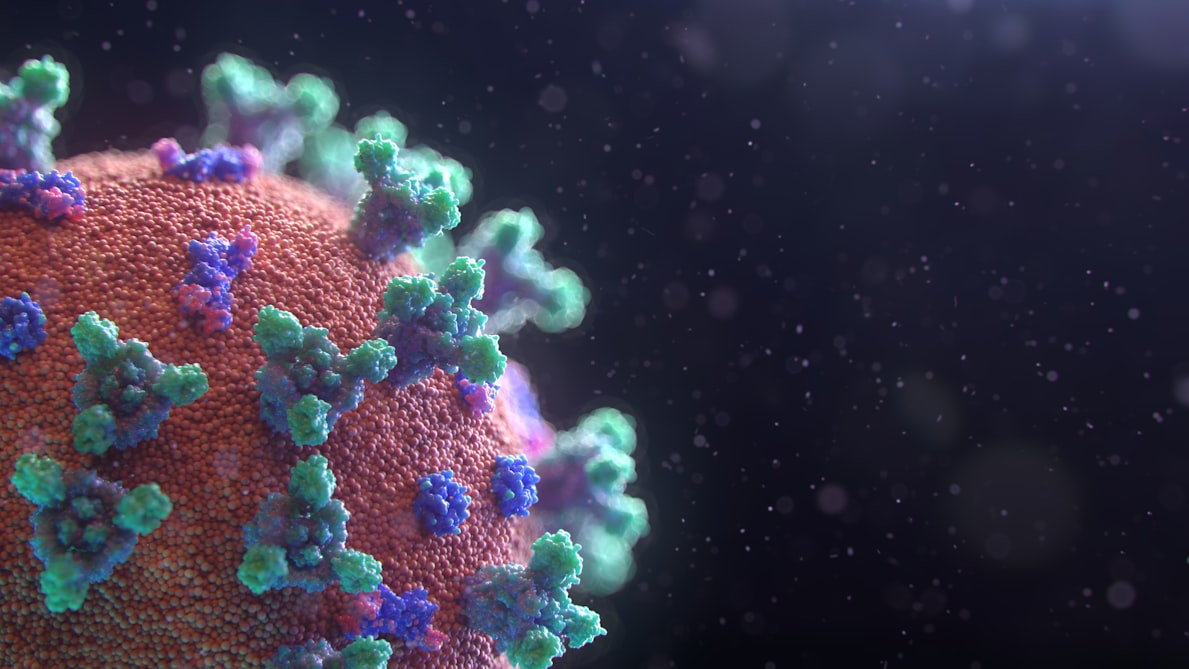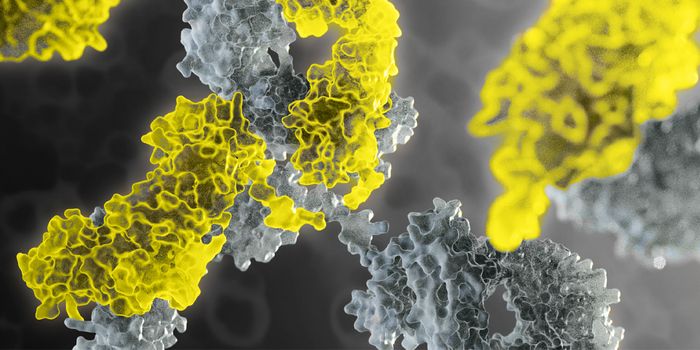Antibody Can Target Dengue Viral Proteins
Researchers have found an antibody that can stop the spread of the dengue virus—a mosquito-borne pathogen that infects 50 to 100 million people a year. Some of the symptoms of the virus includes fever, vomiting, muscle aches. It may lead to serious illness requiring long-term hospitalization and even in some cases fatal.
The dengue virus utilizes a particle protein called Non-Structural Protein 1 (NS1) that latches on the protective cells of organs and weakening the natural protective barrier. This allows virus to infect cells causing the rupture of blood vessels.
Learn more about the dengue virus:
However, the research shows that the antibody referred to as 2B7 will physically block the activity of NS1. It is effective against all four strains of the dengue virus.
"Flaviviruses infect hundreds of millions of people a year, and tens of thousands die from the associated diseases," said Argonne's Bob Fischetti, group leader with the X-ray Sciences Division and life sciences advisor to the APS director. "Protein structures determined at the APS have played a critical role in the development of drugs and vaccines for several diseases, and these new results are key to the development of a potentially effective treatment against flaviviruses."
Source: Science Daily









